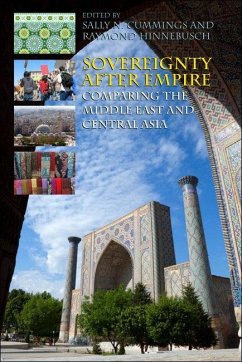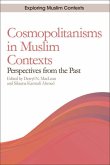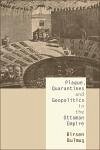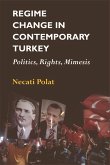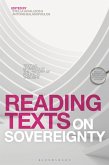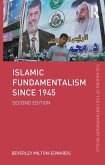A comparative study of empire in the Middle East and Central Asia.Empire matters for post-imperial outcomes, as is shown in this comparative study. The imperial creation of states in MENA and Central Asia explains several similarities in both regions' successor states. Differences in imperial heritages also partly account for the greater instability of the MENA states system and their lesser legitimacy.While eventually the imperial relation to an external metropole came to an end, the social patterns and institutional practices forged in these relationships remained; some only as traces, but others that endured in the transformation of empire into something else, a national sovereignty which should be seen as more than 'neo-colonialism' but less than 'total independence'. This challenges the view of an automatic linear progression from empire to sovereignty and indeed, suggests the two conditions can and do co-exist.Key Features*Combines theory and empirical evidence*Makes systematic comparisons between the Middle East and Central Asia*Includes chapters from leading scholars from history, politics and international relations*Presents the findings of a focused collective research project
Dieser Download kann aus rechtlichen Gründen nur mit Rechnungsadresse in A, B, BG, CY, CZ, D, DK, EW, E, FIN, F, GR, HR, H, IRL, I, LT, L, LR, M, NL, PL, P, R, S, SLO, SK ausgeliefert werden.
Hinweis: Dieser Artikel kann nur an eine deutsche Lieferadresse ausgeliefert werden.

